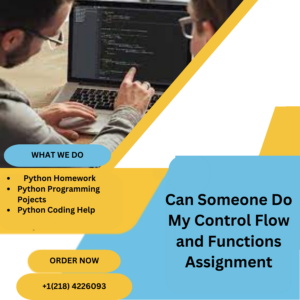Loops are blocks of code that repeat until a condition has been fulfilled, typically iterating through a sequence or counter. Loops can also be useful in creating repetitive algorithms; while and for loops are two such examples.
Loops offer many Advantages to programmers; however, their misuse can also present difficulties. To effectively utilize them in a program and avoid errors from occurring due to poor execution or updating processes is key to their successful use.
One common error involves improper naming or updating of a loop’s control variables. It is essential to use meaningful names for these variables and ensure they are updated at each iteration’s end.
Failing to set or update the loop’s test expression can lead to an endless loop, so it is vital that at the start of each iteration, check whether its condition has not already become true and ensure that this condition has not already become true.
Variables provide a way for programs to store information. Working alongside functions, variables allow you to alter their values without rewriting your entire program. A variable is identified by its name in memory and its value stored under that identifier; at any point in time it can be retrieved using this identifier.
Functions that use variables as parameters are known as parameterized functions and allow functions to specify what input they require from users, as well as providing different results depending on which values come through as inputs. This makes for more efficient code, while simultaneously offering users varied output options based on Input Values.
When creating variables within a function, by default they will be local variables to prevent interference with other functions. Global variables could allow multiple functions to alter its value accidentally – so make sure your variables have meaningful names!
Control statements are the rules and logic that direct Program execution, from when blocks of code should run according to certain conditions or whether to repeat certain parts over multiple runs. They play an essential role in making sure a program runs efficiently and responsibly.
Statements can either be simple or compound. A compound statement consists of several statements interleaved with braces to form one long statement that contains multiple statements at any reasonable depth; variables declared within such statements have their scope limited to the block in which they were defined.
Jump statements (such as goto, return, continue and break) allow us to switch the control unconditionally from one block of code to the next while also clearing away any variables declared within that scope of code.


